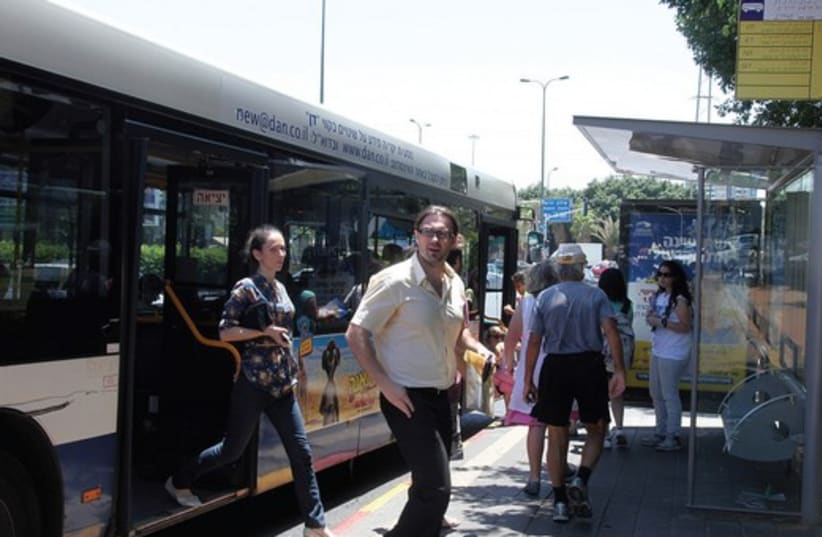Jeremy Sharon contributed to this report.
Huldai: There will be buses in Tel Aviv on Shabbat
Deputy Mayor Asaf Zamir says Saturday transportation would provide welcome relief to city's poorer residents.

Jeremy Sharon contributed to this report.